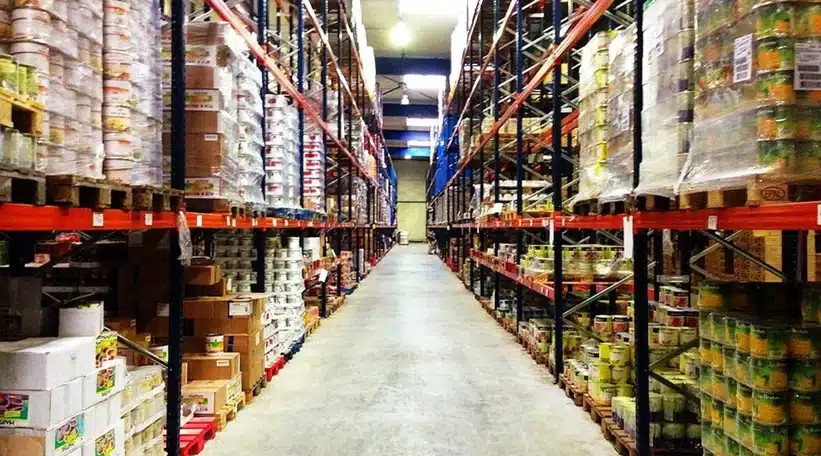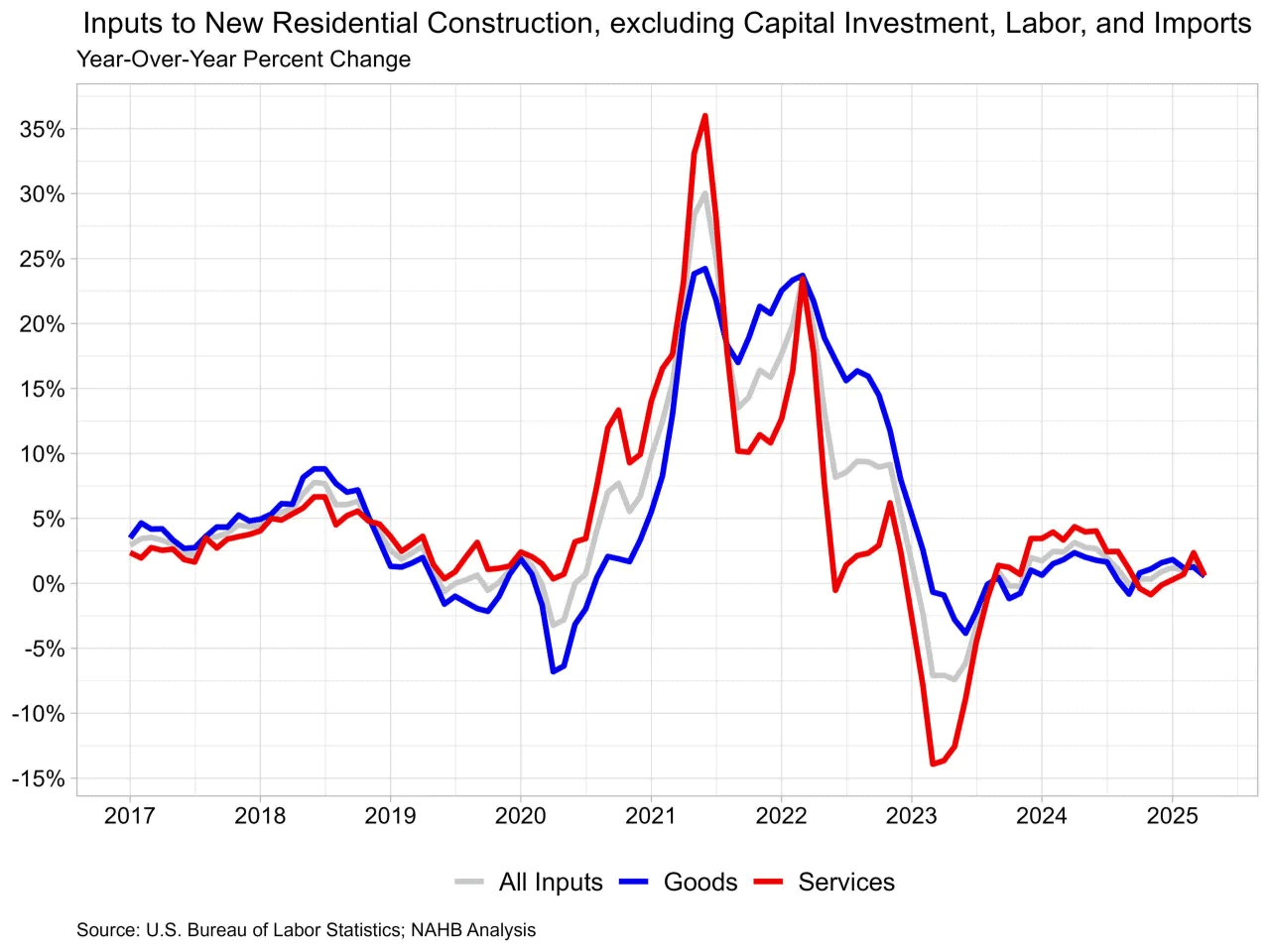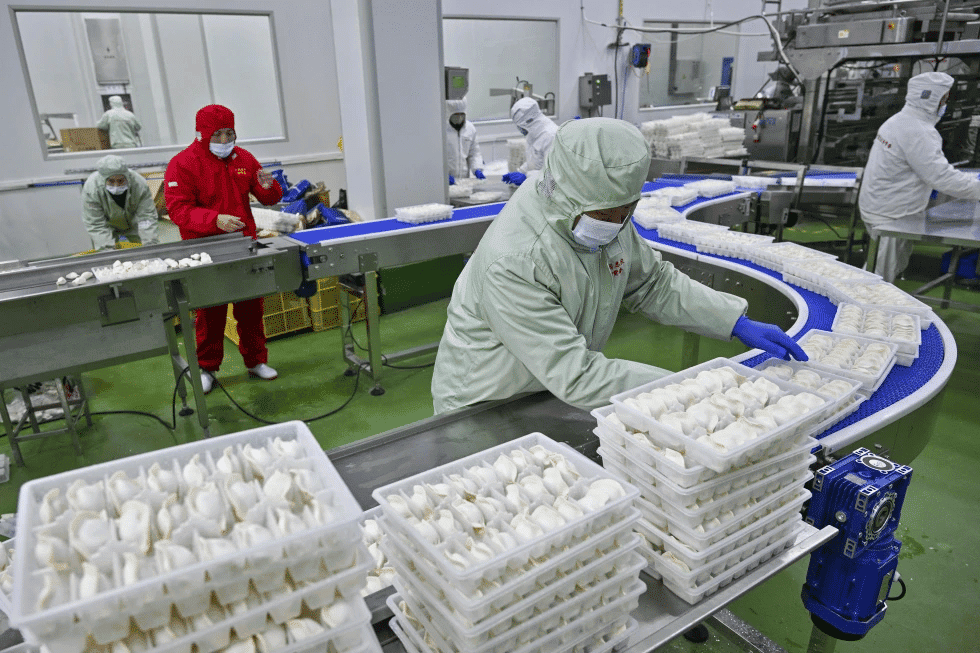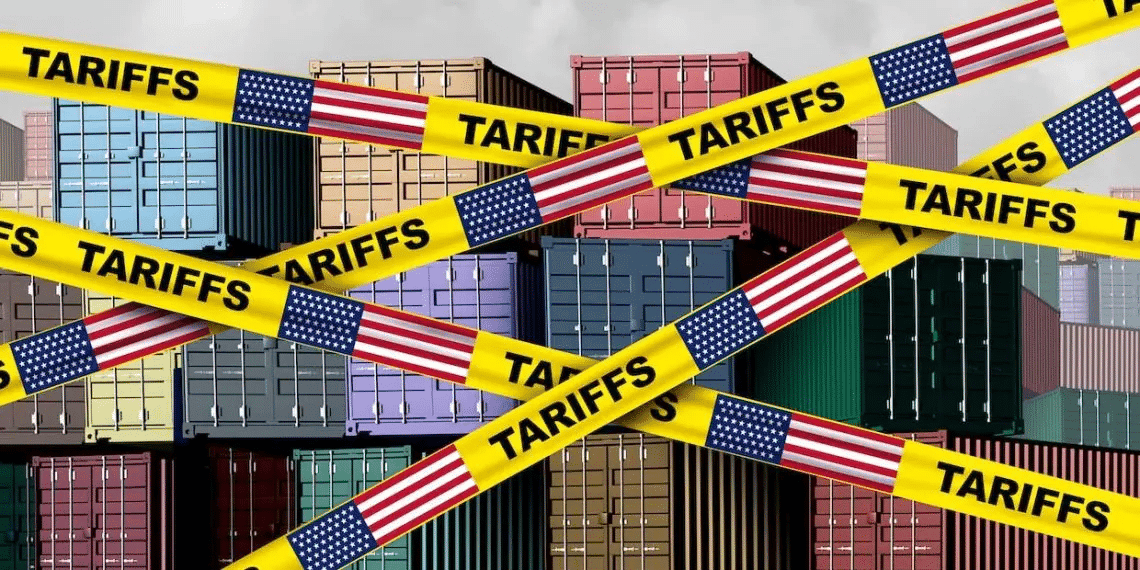
A distribution business can be a lucrative endeavor. However, it requires a lot of planning and hard work. Moreover, you will need a warehouse that is suitable for your stock. Whether you are selling closeout CDs or power tools, your warehouse should be large enough to hold the bulk of your inventory.
Start with a strong product line
When starting a distribution company, establishing a strong product line is important. This will help your company stand out from the competition and increase its profit margins. In addition, you should set prices that are fair to retailers. It is common for distribution companies to low-ball their competitors in order to gain business, but this can hurt a new company in the long run.
A solid marketing strategy can also help a wholesale distribution company stand out from its competitors. It will give the brand visibility it needs to attract new partners and expand its reach. This includes creating a website, participating in industry events, and exploring tools like Connecteam.
Another consideration when setting up a distribution company is the scale of operations. Choosing a local focus will allow for lower startup costs and risks, while aiming for a national presence can bring in more revenue but requires substantial upfront investment. In addition, a distributor’s location can affect operational efficiency. Choosing a place with access to major roads, warehouse space, and proximity to transportation hubs can reduce shipping costs.
Invest in a warehouse
When building a distribution company, investing in a warehouse is an essential step. Choosing a location that is easy to access and near transportation hubs will save time and money. It is also important to consider how much space you will need for inventory storage. This will help you determine the size of your facility and whether you need to hire additional workers.
Another important consideration is the legal structure of your warehouse business. The best choice is a C Corporation, which protects your personal assets from business debts and offers pass-through taxation. However, it can be expensive to set up and maintain. An LLC is a more affordable option, but it may not be as protected against personal liability.
It is important to have a clear plan for your company’s finances, including startup costs and projected sales revenue. This will help you ensure that your expenses are below sales revenue. You should also get a business credit card to separate your personal and business expenses. This will help you avoid overspending and build a good reputation for your company.
Hire staff
A distribution company is a business that sells goods to retailers. This type of business often requires a lot of money to start and to grow. One way to reduce these startup costs is to hire staff. It is also important to have a strategic marketing plan to bring awareness to the company. This will help you win the trust of retailers and increase sales revenue.
The first step in hiring staff for your distribution company is to evaluate your growth objectives. If you want to expand your sales, for example, then hiring a dedicated team of salespeople will be a priority. You should also consider using an enterprise resource planning (ERP) system to automate business processes. This will allow you to track inventory in real-time and ensure that you have enough stock for each customer.
Another important factor is to choose the right location for your warehouse. This will affect the size of your staff, storage space, and distribution capacity. Additionally, it is a good idea to use video recruitment as an alternative to in-person interviews. This is an increasingly popular recruiting technique and will give job-seekers a chance to see what makes your company unique.
Develop a strategic marketing plan
The development of a strategic marketing plan is vital when starting a distribution company. It acts as a roadmap to reach your destination, which is a successful distribution business. Without one, you’ll be driving in circles, and will never reach your goal.
Distribution companies are essentially the bridge between manufacturers that produce products and retailers that sell them. They also act as the intermediaries between the two parties, ensuring that the right product is sold at the right price to the end consumer.
Developing a distributor marketing strategy requires understanding what makes your products and services different from competitors’ offerings. It also involves setting sales and profit goals. Distributors can also conduct market research to understand customer needs and purchasing habits. Then, they can create tailored solutions that improve customer satisfaction and increase sales. Additionally, they can provide training and assistance on products or services to their retail partners.
Invest in technology
Many distributors use specialized software packages to manage inventory, shipping and receiving, accounting, client management and more. These systems are known as TMS, and they help you deliver on your promises to clients. These systems also provide complete visibility and control over your transportation operations, enabling you to optimize routes, comply with regulatory requirements, and track your deliveries in real-time.
Another area that smart distribution companies are investing in for the digital era is cloud marketplaces and billing infrastructures. This helps new and legacy vendors accelerate sales and enable flexible consumption models, and it improves their marketing investment ROI.
Distributors also often host training events, which is a good way for MSPs and their engineers to learn more about the products they sell. Although you shouldn’t attend every distributor conference, you should consider signing up for a few that cover topics that are relevant to your business. This will give you a better understanding of what your distributors are offering and might even inspire new solutions or services for your customers. It might even give you a competitive edge over your competitors.






























